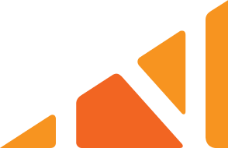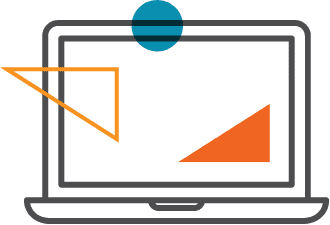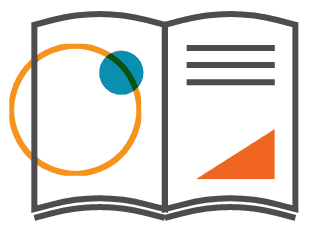The COVID-19 pandemic has taken the global economy for a wild ride. To combat the crisis, the U.S. government implemented measures to mitigate damage, such as the CARES Act. At the same time, the Federal Reserve tapped its playbook for one of its favorite maneuvers: Lowering interest rates to create cheaper debt and keep the economy going. Cheap debt enables consumers to refinance loans and encourages businesses to invest. These activities support economic activity at a time when our collective inclination may be to do the opposite. However, low interest rates mean lower returns for fixed-income investments, such as bonds, savings accounts, and money market accounts. This can be particularly problematic for investors who depend on these assets or those seeking to maintain a balanced portfolio. As commonly seen during similar periods marked by low interest rates, investors often look elsewhere for cash-producing investments.
Ready for a more hands-on approach to investing? Click here to open a new self-directed account today!
Fortunately, many options are available to investors, including investments held in self-directed IRAs, Solo 401(k)s, or Health Savings Accounts. Below we discuss a few options:
Rental Property
Through good times and bad, the demand for rental living space is ever-present. Many retirement plans hold stocks and mutual funds. Some hold real estate investment trusts (REITs) to gain exposure to real estate. However, a self-directed plan can invest directly in and own rental properties and benefit from their cash flow.
As the account owner, you can browse properties, negotiate terms, qualify tenants, and close deals. The only real difference lies in the fact that rental income belongs to your self-directed account and not to you personally; it is, therefore, subject to distribution rules.
Private Loans
Although bank-issued loans may be available at lower interest rates, many banks may reconsider issuing too much new debt based on the investment profile. There may be unsatisfied demand for debt, particularly for smaller and often local opportunities—a demand that self-directed investors can fill.
Private, asset-based lenders can move more quickly than traditional lending sources. Similarly, sometimes the borrower is not a good credit risk for banks. Perhaps they are self-employed and show less income, or they are a successful real estate investor and ironically own too many properties. In either case, the borrower could be a good candidate for a properly priced and structured loan, given their assets are available for use as collateral.
As with a rental property, you can issue a loan from your tax-advantaged money, qualify your borrowers, and secure the note with collateral, if you so choose. Principal and interest payments would flow back to your self-directed account, as with real estate investments mentioned previously.
Maintaining Cash Flow
Earnings from real estate or private lending that happen within your retirement plan or Health Savings Account are tax deferred, meaning your account can generate income without having to pay the IRS every year. Even without a pandemic and an economic downturn, rental properties and private loans can be reliable cash generators. While bonds and interest-bearing accounts can provide passive income, and the real estate investments and private loans mentioned here may not fall under one’s definition of “passive,” their earning potential may warrant consideration when traditional passive income sources yield such low interest.
As always, New Direction Trust Company is available to answer any questions about your account or self-directed investing. Send us a message through the Client Portal or call us at 877-742-1270.


 Back to Blog
Back to Blog

